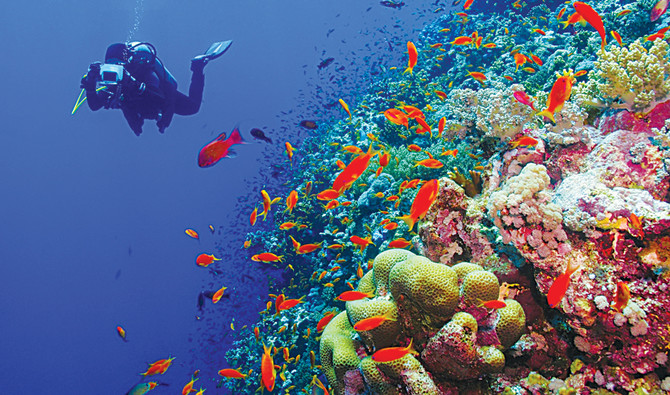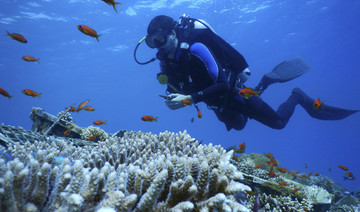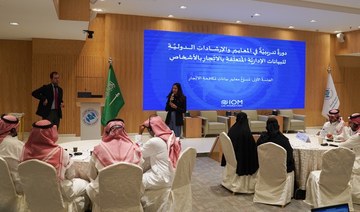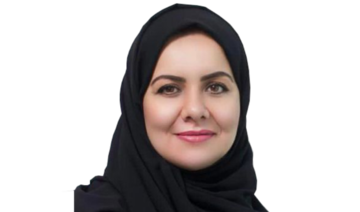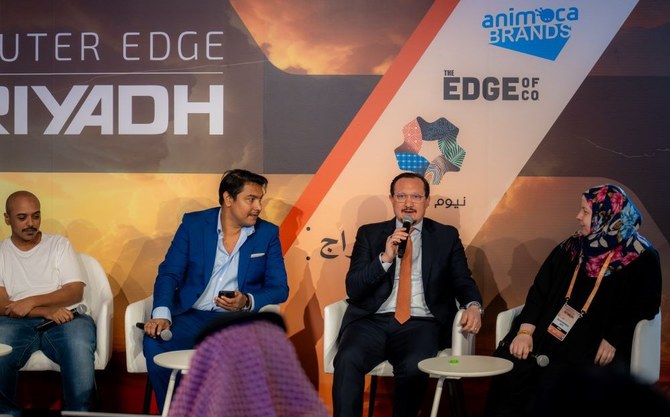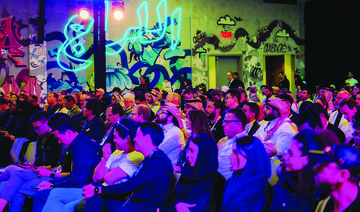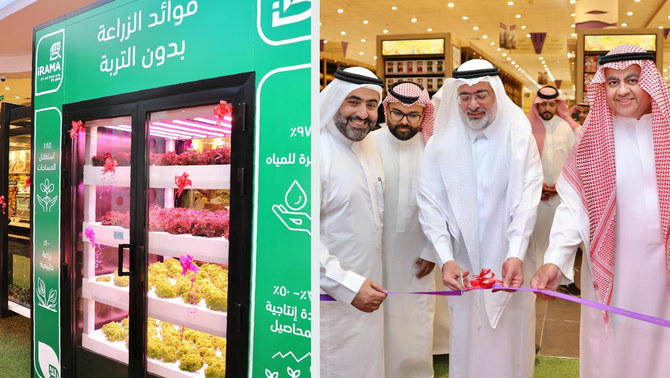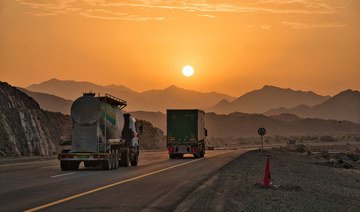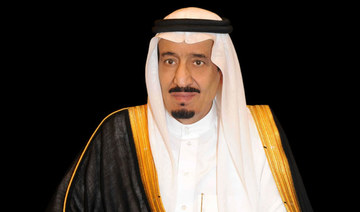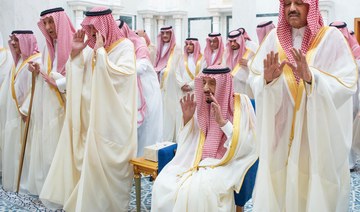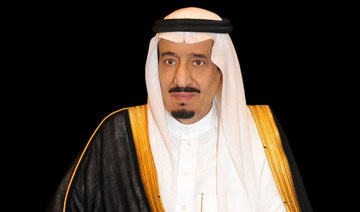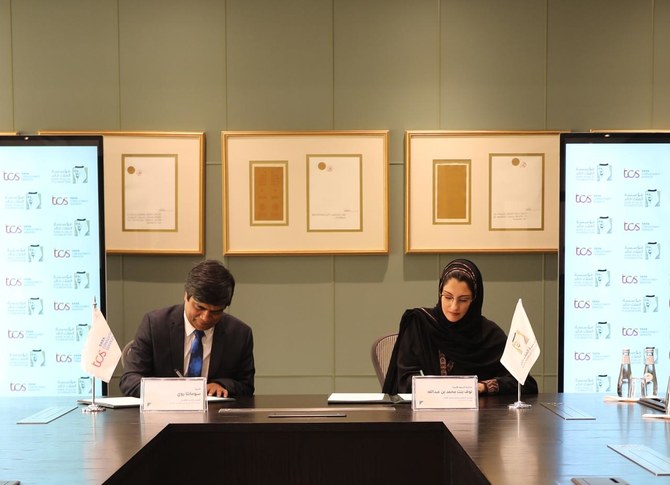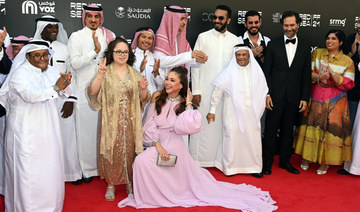Adjusting the large oxygen tank on his back and with face mask in place, Khalid Al-Dahlawi takes a deep breath and plunges into the waters off Jeddah. A mesh bag in tow, he gathers plastic debris from the seabed, helping to preserve one of the world’s natural wonders: The Red Sea coral reefs, a colorful network of marine life, coral and mangrove forests.
He can only do so much. This delicate world is under constant threat from overfishing, climate change, pollutants and litter.
“I’ve been diving since 1990,” said Al-Dahlawi, an instructor at Scuba Diving International in Jeddah. “Plastic strewn across the sea floor, textiles and fishing nets tangled between the coral are just some of the rubbish I see. The ideal solution is to punish offenders. Regulations need to be reinforced and rangers deployed to save our reefs.”
Help may be on its way. In January, the Saudi Shoura Council approved a draft proposal for environmental rangers to help preserve different environments from the effects of pollution. They would enforce standards, and impose penalties for violations.

In September 2018, a framework agreement between the Prince Albert II of Monaco Foundation and the Public Investment Fund’s Red Sea Collection was signed in relation to sustainable development and marine conservation. The agreement paves the way for an exchange of expertise to help safeguard marine biodiversity, protect coral reefs and combat plastic pollution.
These protections will be essential as Saudi Arabia moves forward with sustainable development plans for the West Coast, including the Neom smart city project and the Farasan Islands tourism initiative. Major environmental studies have already been done to ensure the area’s sensitive ecology will be protected.
But there are many threats to these unique habitats, especially from plastics. Dr. Susana Carvalho, a research scientist at the Red Sea Research Center at King Abdullah University of Science and Technology (KAUST), said: “Plastics can directly affect marine megafauna, such as turtles and dolphins, which are frequently entangled and also ingest them, which can lead to death.”
Plastic in the water can also affect humans. “Contaminants ingested by commercial fish species can accumulate in our bodies when we consume them,” she added.
Carvalho believes greater public awareness is needed on the effects of plastic, along with more mangrove and coral reef “clean up” initiatives, and moves to ban plastic bags and straws. “We are working with schools from Thuwal, in a project related to plastics in the environment,” she said. “Students have been quantifying plastics on beaches and also looking at the stomachs of fish from the market.”
The Khaled bin Sultan Living Oceans Foundation is another Saudi organization that has been working to protect and restore the world’s oceans through research, action and education. It was founded in 2000 by Prince Khaled bin Sultan, an avid diver driven by a passion to preserve the oceans for future generations. “During the past decade, we have supported projects to study, survey and map coral reefs globally, and to educate the public about the need for protection and conservation of coral, knowing that healthy reefs are a crucial measure of the vitality of the Earth itself,” Prince Khaled said in 2012.
“We at the foundation are committed to help sustain habitats,” Princess Hala bint Khaled, a director of the foundation, said. “We launched the Global Reef Expedition in 2011, the world’s largest reef survey and high-res mapping expedition, with more than 1,000 dive sites across 15 countries.
“The areas covered in Saudi were Farasan Islands and Farasan Bank, Yanbu and Al-Wajh, and Ras Qasabah. We aim to share the information freely, to plan strategies to protect these habitats.”
The foundation has already released satellite imagery covering thousands of individual reefs to help other countries with their own conservation efforts.
According to a KAUST report in 2014, the Kingdom’s reefs are fortunate due to the relatively low population level along the Red Sea coast, minimizing the human impact on marine ecology.
A 2015 publication on coral reefs suggested “coral cover throughout the (Red Sea) region averaged about 20 percent with higher cover (often more than 50 percent) in shallow water and rapid decline with increasing depth.
In various regions, many reefs (15 to 36 percent) showed signs of damage and had less than 5 percent live coral cover.”
Alexandra Dempsey, the foundation’s director of science management, suggested more could be done to slow the damage.
“As a logical first step, it is imperative for Saudi Arabia to develop a management protocol to assess threats to the coastline and reef habitats,” she told Arab News.
A restoration program could also be implemented in areas of low coral cover, with monitoring of water quality and prevention of near-shore commercial fishing, pollution and coral diseases.
“From our experience, the recovery process is always slow,” Prof. Sam Purkis, the foundation’s chief scientist, said. “However, with a commitment from communities and the government, improving the reef is possible.”


